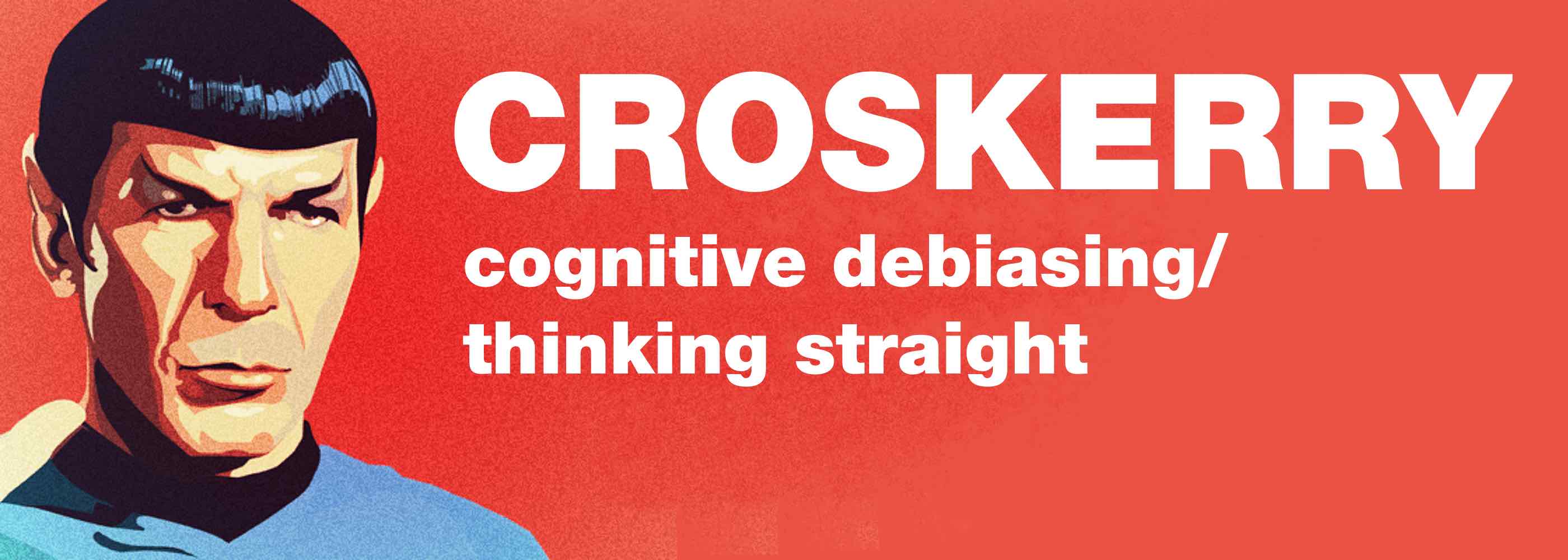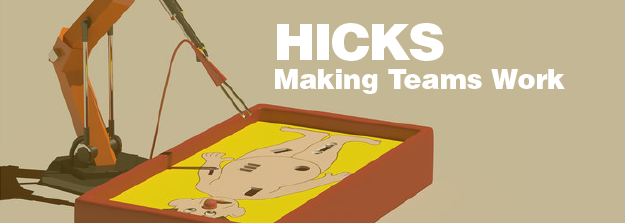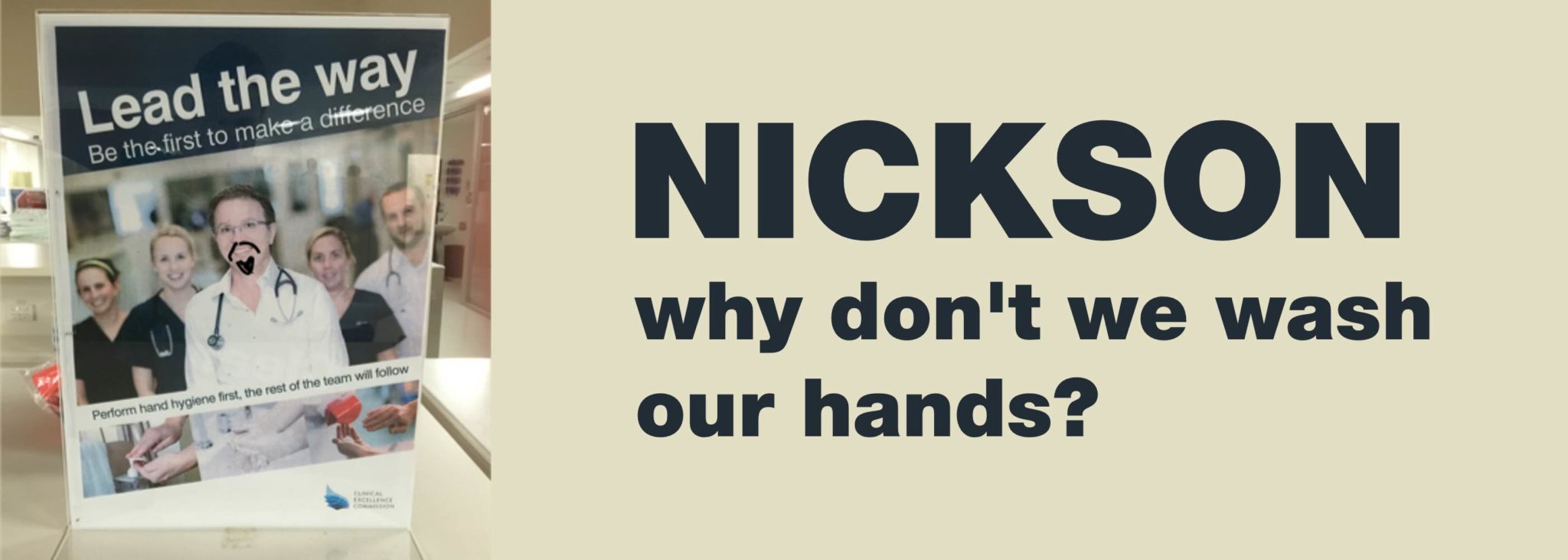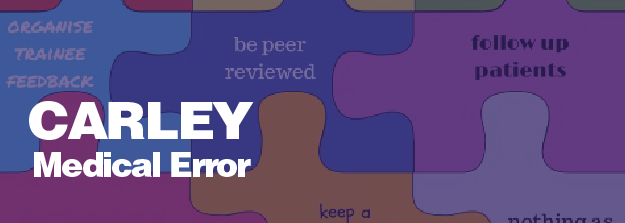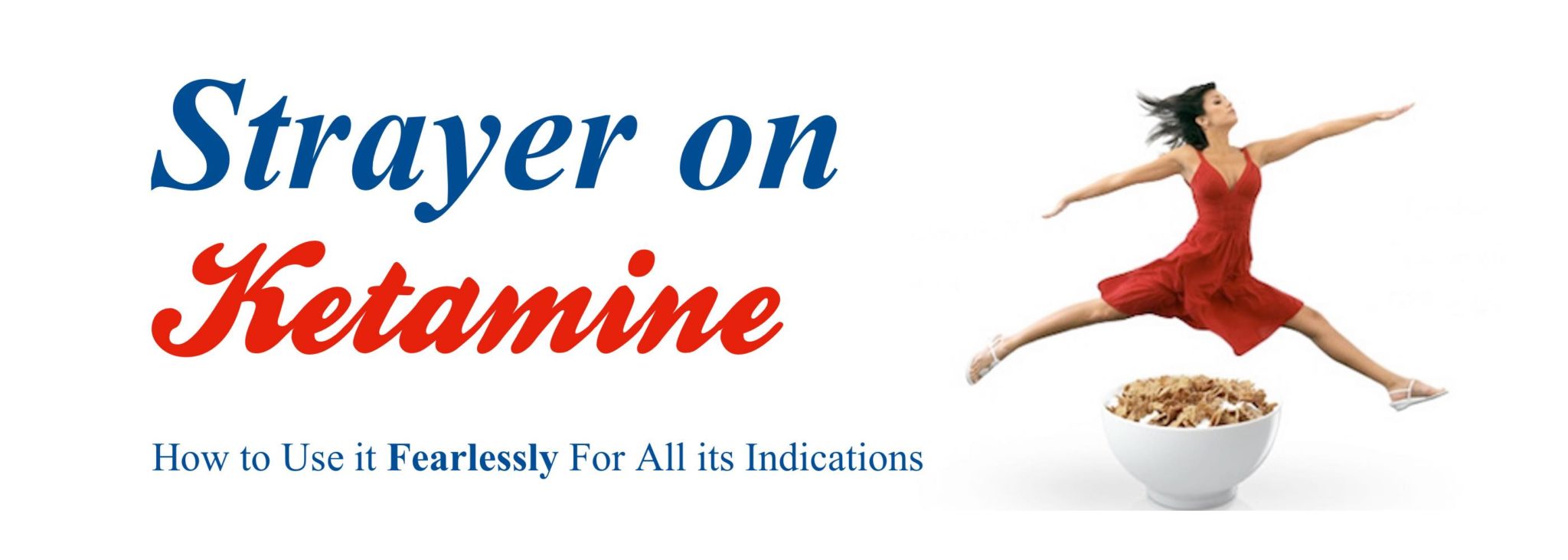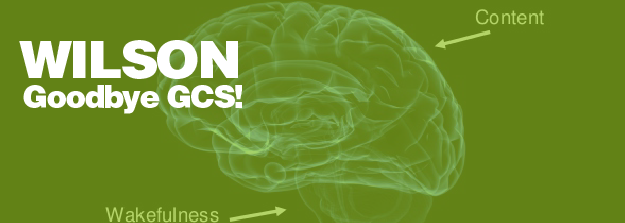Temperature and TBI: Time for PARITY?
Summary by: Manoj Saxena
The host response to injury is inflammation. The inflammatory response may have been naturally selected over millions of years of evolution to give the injured tissue the best chance of healing and recovering. On the other hand, over the last 50 years animal models of traumatic brain injury (TBI) suggest that fever, occurring as part of the inflammatory response, may be harmful to neuronal recovery. Some observational clinical studies support this. However we lack high quality clinical trials. At present clinicians commonly use drugs and physical cooling techniques to suppress fever after TBI and stroke.
These approaches have costs and can be resource intensive, as well as be associated with side-effects. We will share with you some of the results from our program in this area.
We will discuss …
What is normothermia?
How effective are the interventions we use?
What temperature do/should we target? What do we achieve?
Surely we need a reliable answer to the question of whether the strict maintenance of normothermia (36-37°C) reduces disability and death after TBI?
References1.Saxena M, Andrews PJ, Cheng A, Deol K, Hammond N. Modest cooling therapies (35ºC to 37.5ºC) for traumatic brain injury. Cochrane Database of Systematic Reviews 2014.2.Saxena M, Young P, Pilcher D, et al. Early temperature and mortality in critically ill patients with acute neurological diseases: trauma and stroke differ from infection. Intensive Care Med 2015:1-10.3.Young P, Saxena MK, Beasley CRW, et al. Early peak temperature and mortality in critically ill patients with or without infection. Intensive Care Med 2011;38:437-44.4.Saxena MK, Taylor CB, Hammond NE, et al. Temperature management in patients with acute neurological lesions: an Australian and New Zealand point prevalence study. Crit Care Reusc 2013;15:110-8.5.Saxena MK, Taylor C, Hammond N, et al. A Multi-Centre Audit of Temperature Patterns After Traumatic Brain Injury. . Crit Care Reusc 2015 (June);17:129-34.


